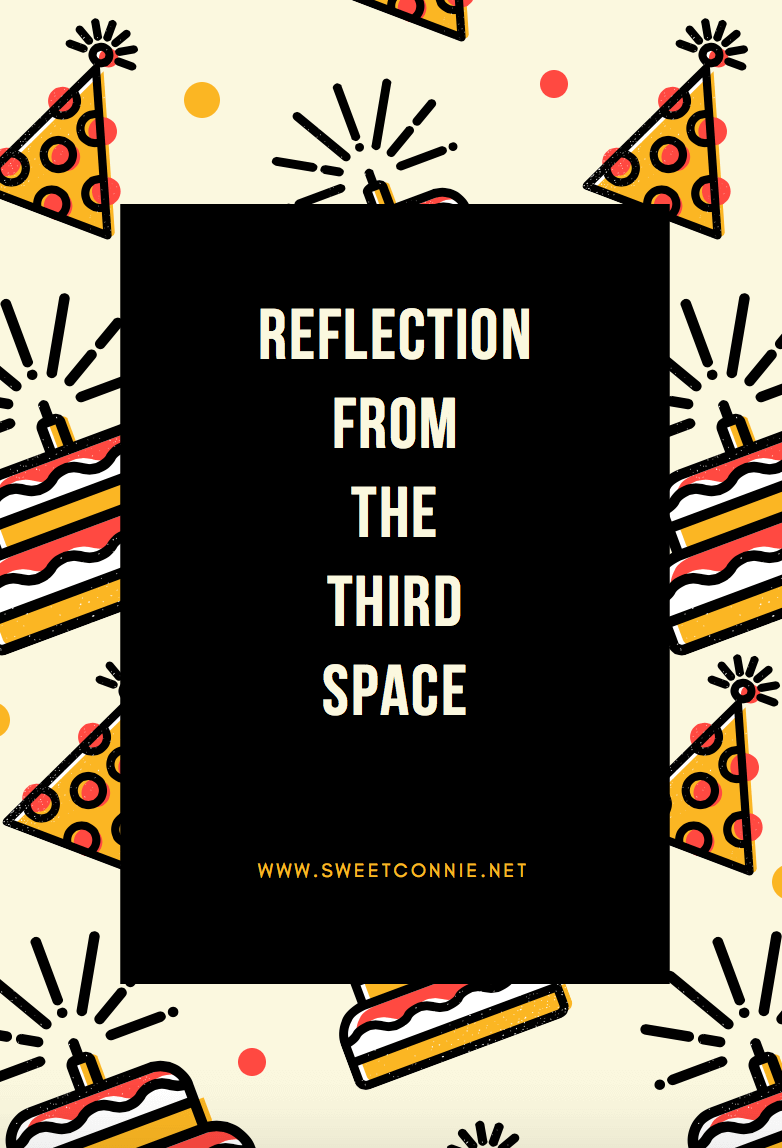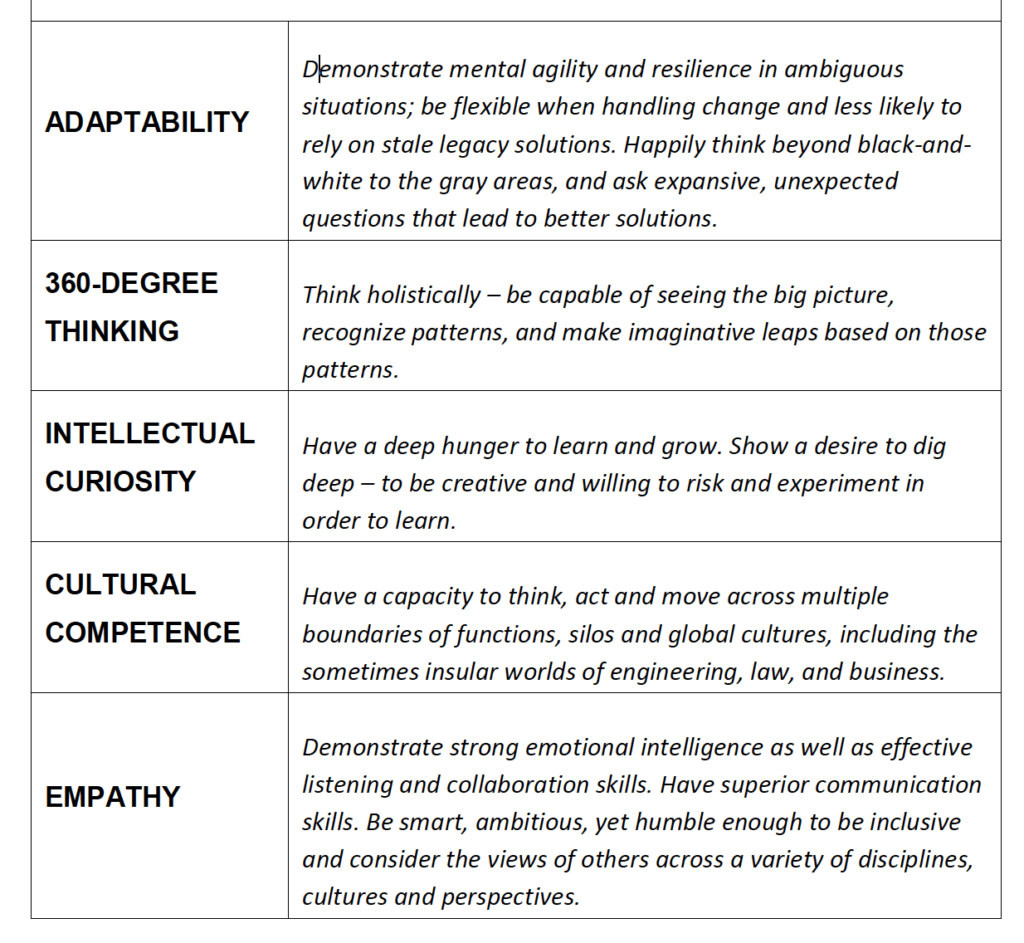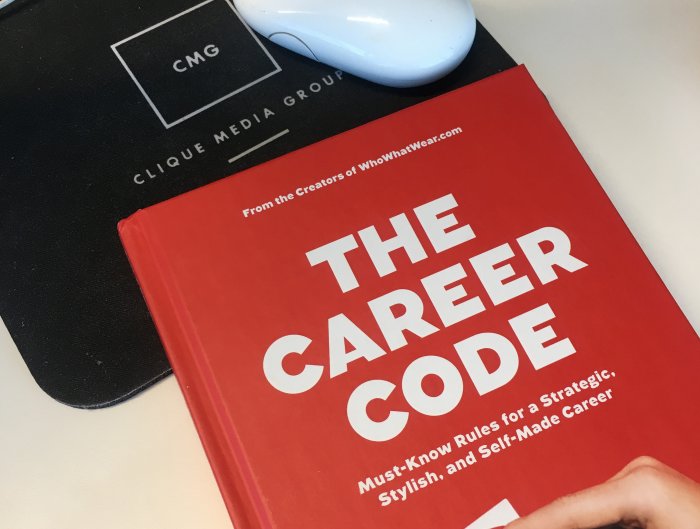
Today, the Dean of the Annenberg School for Communication and Journalism came to our Communication Management Pro Seminar to discuss about the Third Space Project. The Third Space Research Project is about five distinctive attributes that are important in the career development. The research team interviewed 75 senior executives in multiple sectors around the U.S. and came up with a unique model that covers Adaptability, 360 Degree Thinking, Cultural Competence, Empathy, and Intellectual Curiosity (Wilson, 2014).

(The table comes from Wilson’s Paper)
We had a discussion about how these five attributes affect us in our personal life, what perspectives we take when we look at these five factors, and how we can improve each attribute. The conversation sparkled lots of brilliant thoughts and the following are my personal takeaways that I want to share with you folks.
From my perspective, I think intellectual curiosity is the fundamental one. In the survey that examined my five attributes, I got full score for the intellectual curiosity aspect. My results indicate that I am a curious person (in a positive way). I am curious about situations and am often trying to learn about why things are the way they are and how things work. In my work, I am often creative and implement innovative solutions to problems. When I work, I often experiment to try out new things to see if they are more effective than the current or proposed way of doing things.
As a typical Aries, my curiosity seems to be innate. But I look at it in two different ways. On the one hand, it is good that I am passionate about many different areas which keep me busy. I explore different fields and try to find the things that I truly love. On the other hand, however, sometimes it can also be seen as lack of insistence. On my journey to discover myself, I sometimes wonder why it takes me so long and so much energy to find my passion. What are the things that I truly love and am willing to devote to? I still haven’t figured out this question yet, but it is always important to ask questions because that is essential to the fast changing world. Be interactive and speak up your opinions, otherwise they will never be heard.
The other perspective is Empathy. Many people don’t understand why empathy is important in the work setting, yet it was mentioned highly in the interviews with those 75 seniors. They believed it is important that one can put himself in somebody else’s shoes and appreciate others for what they’ve been through. Often, we consider ourselves to be a empathic person. But in reality, it is really hard to fully understand others and try to think in others’ angles. This one is extremely significant in relationships. How you listen to your partner’s needs and take care of his/her emotions can be a great challenge for each of us. I think I still need more practice in this area.
Equally important are the other three factors: cultural competence, 360 degree thinking, and adaptability. But it is not enough to just know about these five attributes, the next step should be thinking how we can incorporate these into our life. The purpose of this model is to serve as a map or a checklist that we can look into when we are at work or dealing with people. I believe it is a great tool for our own retrospection.
I also deeply resonate with the Dean when he talked about I ching. It is a classic book in ancient China that talks about the way universe works. Even though I haven’t read this book yet, I do believe that the universe works in a certain way and it has huge energy. We have to look into ourselves and dig out our own path. It is through our journey to discover ourselves that we can understand the world better.











